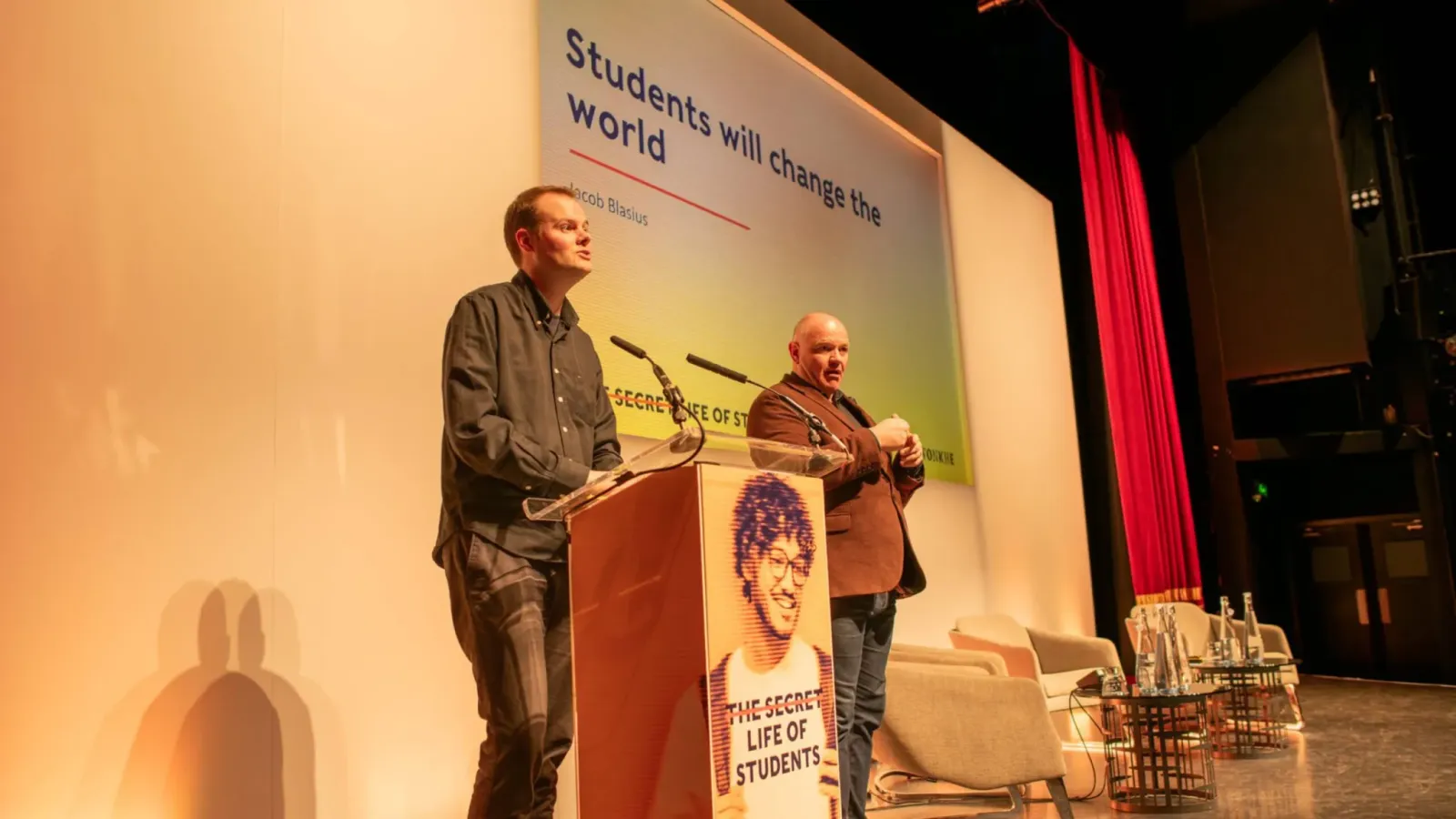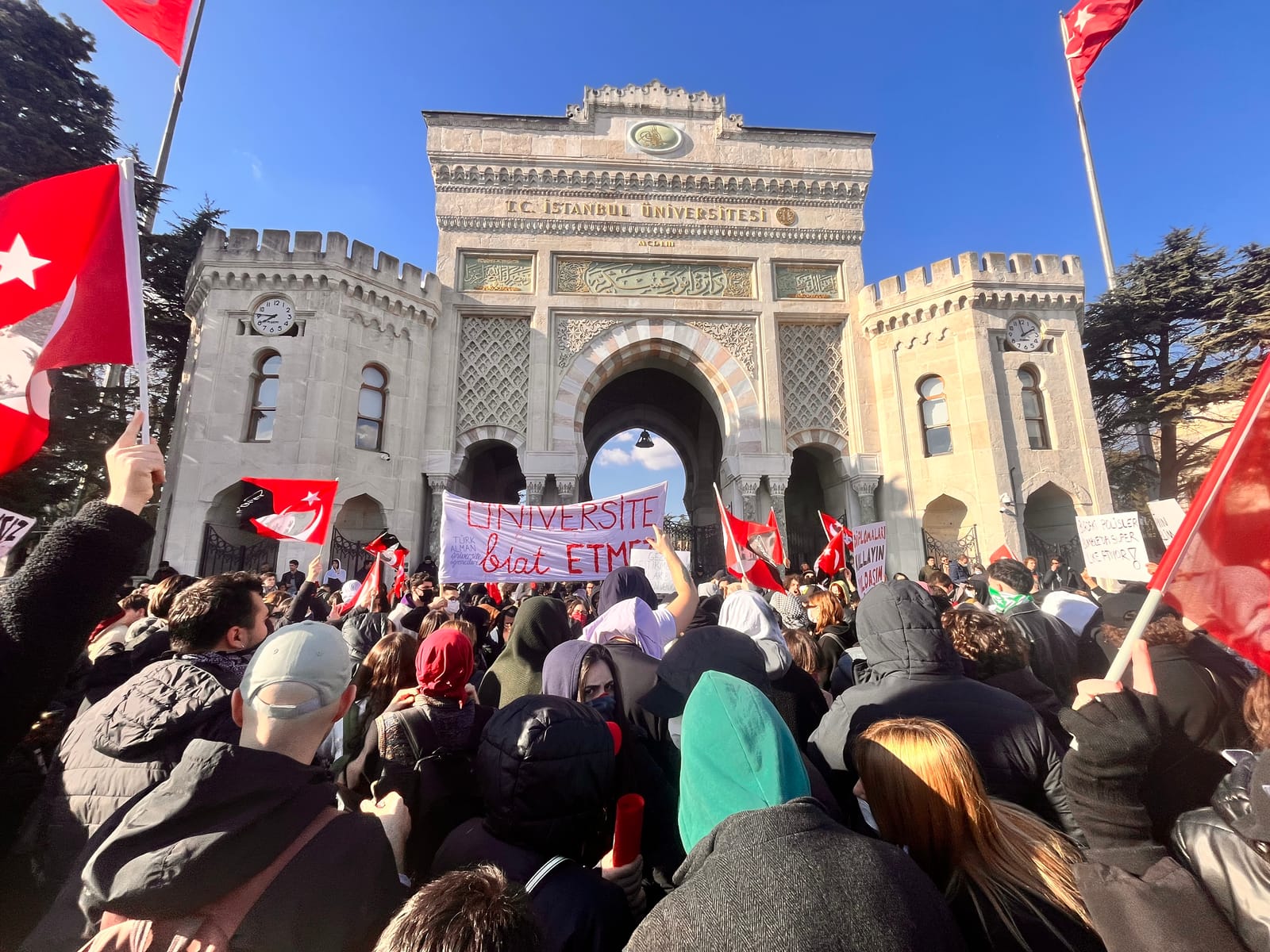We stand at a critical juncture in history where the intersectionality between climate justice and education is more important than ever. Climate justice is not just an environmental issue but a determinant for impacting our generation and those to come. A sustainable balance is needed between social justice and economic freedom if we are to curb emissions that are disapprovingly affecting low-income students. To fully solve climate injustice within the planetary crises, social justice and economic justice must be at the heart of climate education policies. The economic disparities we face are exacerbated by climate change, with marginalized communities bearing the brunt of its consequences. This inequity underscores the urgent need for climate education that equips us with the knowledge and skills to advocate for and implement solutions.
The lack of resources and financing for climate education remains a significant barrier. Many schools, particularly in underprivileged areas, lack the infrastructure and funding to incorporate comprehensive climate education into their curricula. This absence deprives students of the green skills necessary to navigate and mitigate the effects of climate change. Moreover, there is a pressing need for policies that prioritize climate education, coupled with training and capacity building to empower educators and students alike.
The Summit of the Future presents a unique opportunity to address these challenges head-on. The climate crisis is no longer a distant threat; it is already manifesting through natural catastrophes that disrupt lives and livelihoods worldwide. Yet, despite the clear and present danger, there is a concerning denial of climate risks among some young people, while older generations often fail to prioritise climate action. This disconnect underscores the necessity for a unified, cross-generational approach to climate education and justice.
Climate education must be more than just a subject taught in schools; it should be a catalyst for action. We must collaborate with environmental organizations to disseminate information on environmental justice and ensure that all students have access to free courses on climate and environmental justice. We must make a dire call for strategic partnerships that will leverage dissemination, translation, and education and ensure climate justice courses are offered to all, as a pathway to a just climate justice education. By doing so, we can empower our generation to take meaningful action, whether through creating climate action recovery plans for farmers or advocating for climate-smart agriculture to secure our food future.
Furthermore, addressing climate-induced migration, food security, and broader human and social security issues requires a well-rounded climate education. It is essential to integrate education into adaptation, resilience, and mitigation strategies. Nationally Determined Contributions must be fast-tracked to incorporate climate education into school curriculums, ensuring that every student is equipped to face the challenges ahead.
The fight for climate injustices is intrinsically linked to the quality and accessibility of climate education. As we approach the Summit of the Future, we call on global leaders to recognise the critical role of education in shaping a just and sustainable future. Our generation cannot afford to wait; the time for action is now.








